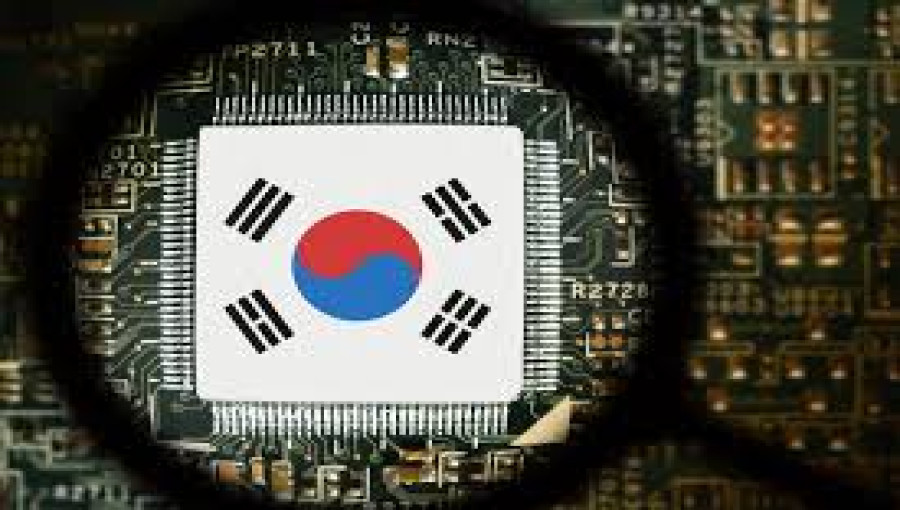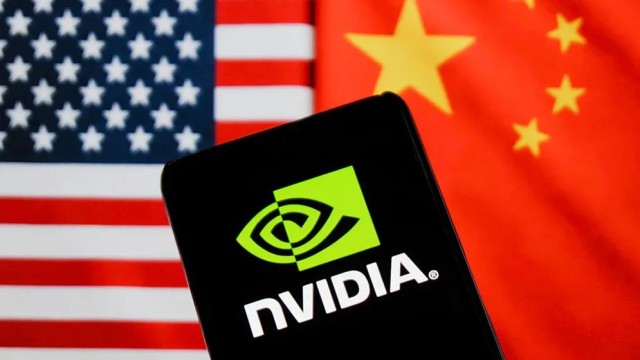South Korea's ruling party has introduced a bill aimed at supporting the semiconductor industry, crucial to the nation's economy, by providing subsidies to chipmakers and exempting certain workers from the national 52-hour weekly cap on working hours. This move comes in response to growing concerns about potential tariffs and other measures threatened by incoming U.S. President Donald Trump, which could negatively impact South Korean chipmakers such as Samsung Electronics and SK Hynix.
The semiconductor sector is a vital component of South Korea's economy, representing 16% of its total exports last year. With rising competition from countries like Taiwan and China, and the looming threat of U.S. restrictions on AI chip sales to China, the bill aims to help South Korean companies stay competitive. However, it faces significant opposition from South Korea’s liberal opposition party, which controls the majority in parliament.
The proposed legislation would allow employees involved in research and development to work beyond the standard 52-hour workweek, an exemption from the country's labor laws. While Samsung’s labor union has opposed the bill, arguing that the company is using the law as a scapegoat for its own mismanagement, the government sees the measure as essential for South Korean firms to remain competitive in a semiconductor trade war between China and the U.S. The bill’s passage is uncertain, given the opposition from labor unions and lawmakers.






























Comment: